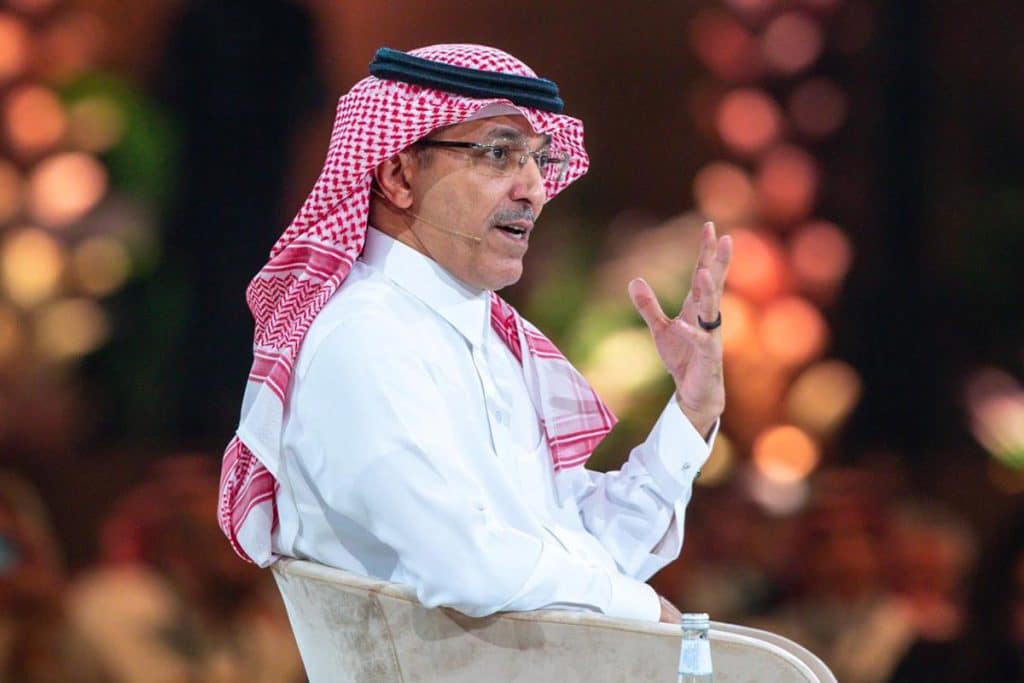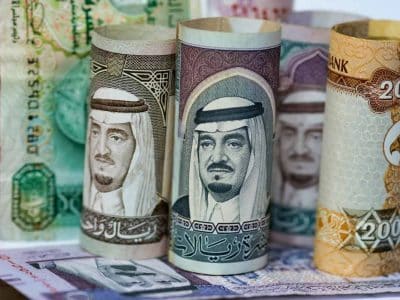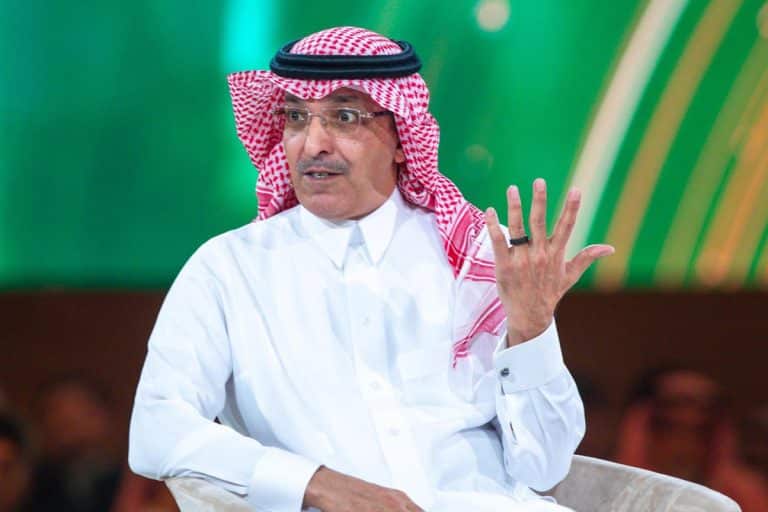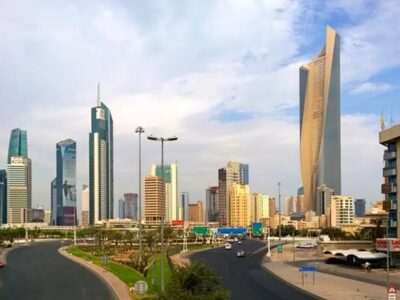Saudi Arabia’s decision to limit the cost of domestic energy was taken to ensure that “the economy doesn’t get impacted,” the kingdom’s Minister of Finance Mohammed Al-Jadaan told Bloomberg on the sidelines of FII.
Last year, Saudi Arabia, the world’s biggest exporter of crude, announced that it would limit the domestic cost of gasoline to soften the impact of higher living costs on citizens. Rampant inflation has now already begun to cause a cost-of-living crisis around the world.
“Looking at the past 18-24 months, we have taken a lot of steps to anticipate [inflation]. We made a decision to put a ceiling on energy prices locally, so the economy doesn’t get impacted, and we also provided support to low-income households,” Al-Jadaan said.
“We have done a great job in making sure we have a continuous plan when it comes to food reserves. Inflation is below 3 percent and we don’t think it will grow higher next year.”
In August, the International Monetary Fund (IMF) called for the kingdom to remove the cost cap, and let domestic energy prices rise as part of an overall strategy to reduce consumption and help hit reduction targets for emissions.
“There is a lot of efficiency that can be gained by removing the existing subsidies,” Amine Mati, the IMF’s mission chief to the kingdom, said in an interview at the time. Saudi Arabia is in a “good position to step up further the energy-price increase which goes in line with the green initiative and the idea of reducing emissions.”

Al-Jadaan explained that he believed that the world has “a lot of challenges,” meaning that what is needed now is “predictability, stability and cooperation.”
“When it comes to Saudi Arabia, we have been planning and executing dynamic programs that had positive results. Unemployment is at its lowest in 20 years, the private sector is booming and investment is up by 16 percent compared to last year. What is needed is predicting crises and early mitigation. We have done plenty over the past couple of years to ensure we are protected when such times occur,” he added.
On US-Saudi Arabia relations, the minister remained buoyant, noting that the relationship between the two countries has been “robust” for the past 70-80 years.
“We weathered a lot of difficult circumstances together in the past. There are a lot of strategic partnerships and shared interests between the two countries and we have taken extra steps to stabilise energy markets,” he said.








